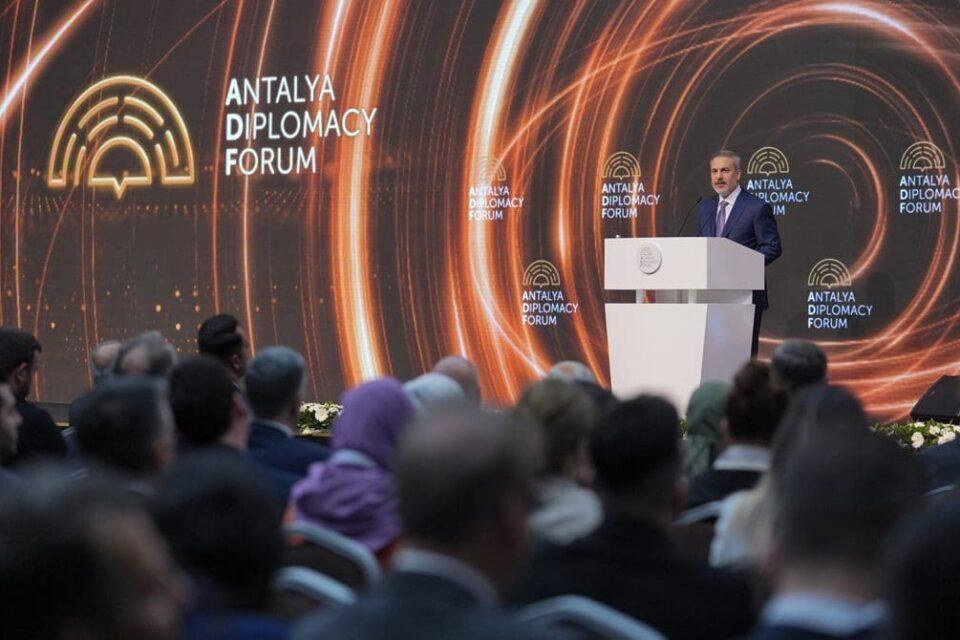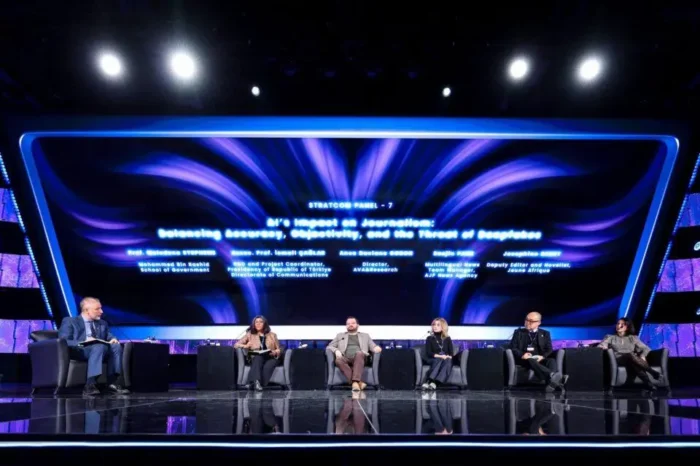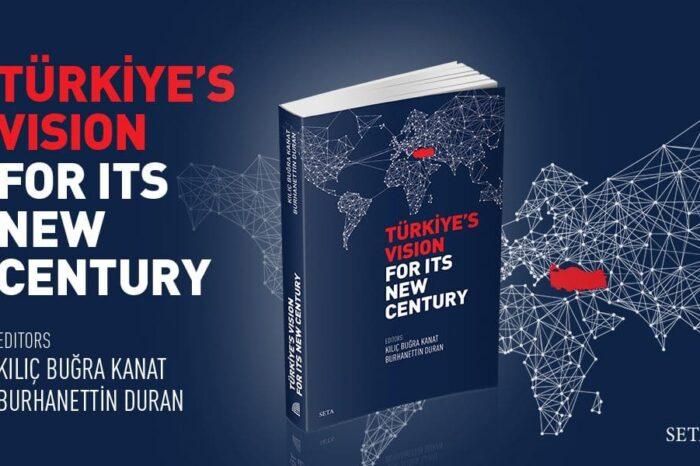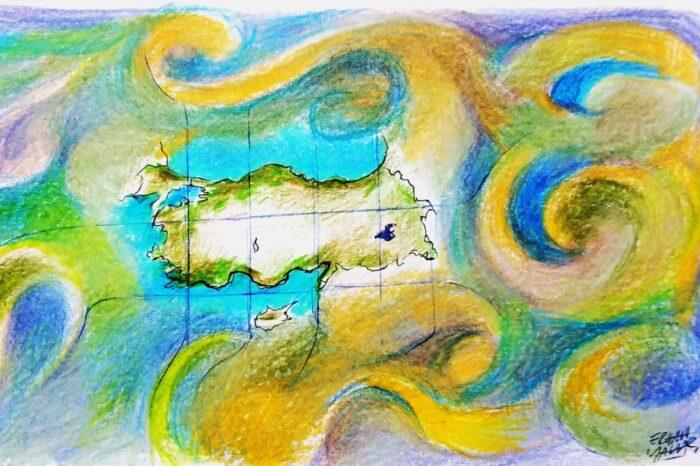Antalya Diplomacy Forum and Türkiye’s choice

Over the weekend, I had the opportunity to attend the Antalya Diplomacy Forum organized by the Ministry of Foreign Affairs. The forum addressed numerous issues concerning Türkiye’s foreign policy priorities, with a particular focus on the reconstruction of the international system in an era of regional instability and global challenges. The theme of rebuilding the international system in the post-World War II era, based on ‘rule-based’ principles established by the United States, stood out as a central topic. However, it’s evident that this system has failed to effectively address problems or maintain stability in today’s world. Amidst discussions highlighting this fundamental issue, it was clear that Türkiye is seeking grounded leadership through realistic assessments of diplomacy’s possibilities and limitations.
Unlike many international gatherings where a pre-established paradigm is presented to participants, the forum aimed to construct a conceptual framework through active contributions from attendees. This approach signifies Türkiye’s strong leadership combined with humility and a focus on collaborative problem-solving.
The consequences of the international system crisis emerged as a common theme throughout the forum sessions. Gaza serves as the most concrete, pressing example of this systemic crisis. We witness major powers wielding their veto rights in the international system to prioritize their own interests and elevate Israel to a privileged position. Instead of consistently enforcing the universal norms purportedly upheld by the international system, certain countries like Israel are exempted, undermining the system’s legitimacy. While it’s tempting to attribute the lack of faith in the current order to the ‘hypocrisy of the West,’ this may not be sufficient to address the crisis. In a system where the powerful can act with impunity, the argument that stakeholders must adhere to rules for international peace and stability, despite their national interests, becomes meaningless.
The forum featured both critical and constructive conceptual explorations centering around the systemic crisis, in addition to sessions addressing solutions to various crisis areas. Especially in sessions organized by the Center for Strategic Research (SAM), conceptual debates on issues like Western-centricism, racism, and Islamophobia were coupled with evaluations of practical application opportunities for diplomatic tools like guarantorship in the context of Gazze. This approach reflects Türkiye’s longstanding critical analysis of the system coupled with efforts to find solutions. The urgency of regional geopolitics prevents waiting for a more stable new order to emerge. Both the severity of regional crises and the repercussions of global challenges drive Türkiye towards constant active leadership.
Countries like Türkiye must accurately assess their positions in the international system and formulate foreign policies accordingly, as this also delineates the boundaries of their strategic leadership. President Erdoğan and Foreign Minister Fidan’s opening remarks at the forum included criticisms of the international system alongside proposals for solutions during a period when the system faces its most profound legitimacy crises. Türkiye has endeavored to unify Arab and Muslim countries on a common policy regarding Gazze and has put forth concrete proposals for the establishment of a Palestinian state. Operating with an awareness of being one of the regional stakeholders in the international system, Türkiye did not hesitate to level fundamental criticisms at the system. Türkiye’s approach of pushing the limits of the system’s capabilities while simultaneously pondering different and unique solution-seeking strategies has fostered an effective foreign policy on both regional and global issues.
Countries like Türkiye, grappling with extremely complex issues while also seizing strategic opportunities unavailable to others, must manage the problems generated by geopolitics dynamically. This necessitates a strong conceptual framework for foreign policy and practical proposals that are feasible. The Antalya Diplomacy Forum will undoubtedly remain one of the platforms where Türkiye’s intellectual and strategic leadership is ‘produced and discovered’ in the coming years. Transforming the approach articulated by Foreign Minister Fidan as ‘regional ownership’ into a continuity in Turkish foreign policy will be a strategic gain. This approach, as opposed to an understanding that settles for presenting ‘position papers’ on international platforms while leaving critical regional and global issues to diplomatic negotiations among major powers, emphasizes Türkiye’s consciously chosen foreign policy of striving to create different common ground and alliances through collaborative action with stakeholders, rather than merely complaining and delegating problems and solutions to others.























